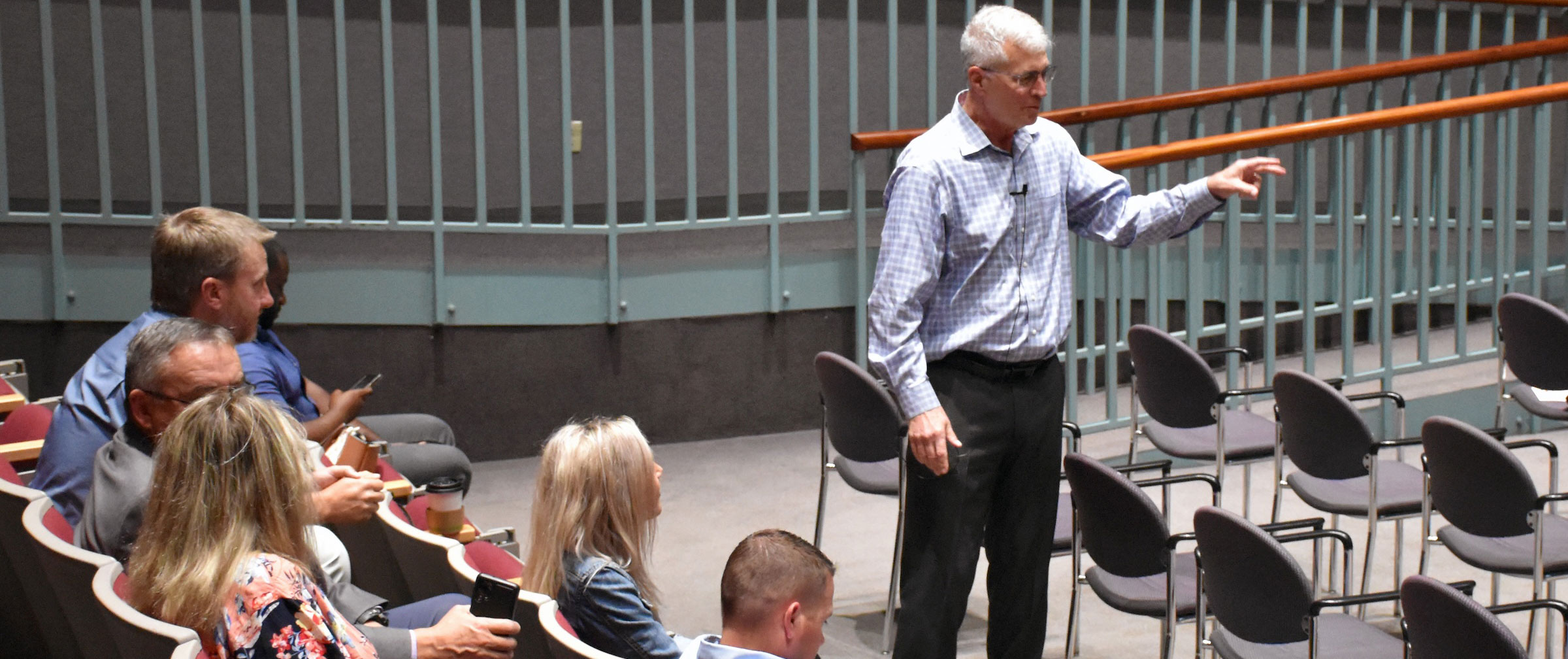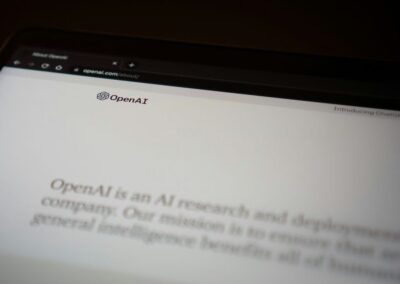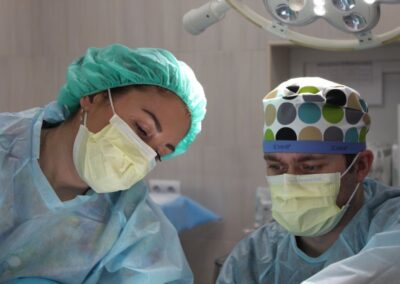I will never forget a comment made to my medical school class on the first day of medical school. That day was unforgettable. We all met for the first time in this big auditorium, looked around at each other, proud to have made it into medical school, and proud to know that we would all finally become doctors. But before we received that degree, we had four arduous years to complete, and we were fearful of what we would have to go through. We were all content that we had made it at least this far and looked forward to the day we would finally become “real docs”. Finally learning all we needed to know so we could practice medicine the rest of our lives.
On that first day, we had to sit through a litany of speeches and remarks from what seemed to be every faculty member at the University of Missouri. They were all so old, and the speeches were so boring- but we didn’t care. We were just glad we were there.
Finally, at the end of what appeared to be an interminable session, the Dean of the Medical School, Dr. Jim Dexter, stepped up to the podium. He concluded the meeting by saying to us that he had just one simple statement to give to us today:
“Today you are a medical student, but you will be a student of medicine for the rest of your life.”
I didn’t quite understand his statement; I was simply glad we were finally done with that orientation and could go home. But since that time I have come to realize that his brief statement on my first day of medical school was one of the most profound pieces of advice I would ever receive in my entire career.
My fellow health care professionals: I don’t care if you are an intern or getting ready to retire after a long and successful career, we are still and will always be students of medicine.
Remember how excited we were as medical students to read up on a patient that we had admitted that day? We couldn’t learn enough. In fact, we were driven by the fear that if we did not read everything possible on the subject, the patient would wind up having something we did not anticipate. And the patient could ultimately die. The learning seemed to never stop. How would we ever learn it all? I was so envious of the attending who seemed to know it all. When would I ever get there? When would I ever know it all?
Then one day as a third year student I rounded with a cardiologist. He was an internationally respected cardiologist who proceeded to point out to us a I/IV diastolic murmur in a patient that I swear no one else in the room but he could hear. I tried to at least imagine that I was hearing that murmur when it came my time to put my stethoscope to the chest, and in exasperation I asked the attending cardiologist: “How long did it take you until you were comfortable with murmurs?”.
He smiled wryly and responded, “What makes you think I am comfortable with murmurs?”
I was crushed. How could the world-famous cardiologist admit to me that he still was not comfortable with murmurs. The situation was hopeless. If he couldn’t get there, how could I ever get there?
Guess what, thirty years later I still have not gotten there. I must candidly admit that even after all these years I still am not “comfortable” with every scenario in clinical medicine.
Yes, I still am still a student of medicine. I will forever be a student of medicine, just as Dr. Dexter pointed out to me many years ago. I am still humbled by the fact that there is so much I need to know.
I challenge my colleagues to remember that we are all students of medicine and will always be students of medicine. Try to bring back that enthusiasm that we had as medical students to learn as much as we could every day. Many of us have lost that enthusiasm through time and routine. Never lose the zeal to learn more.
My fellow students, carry on !!




